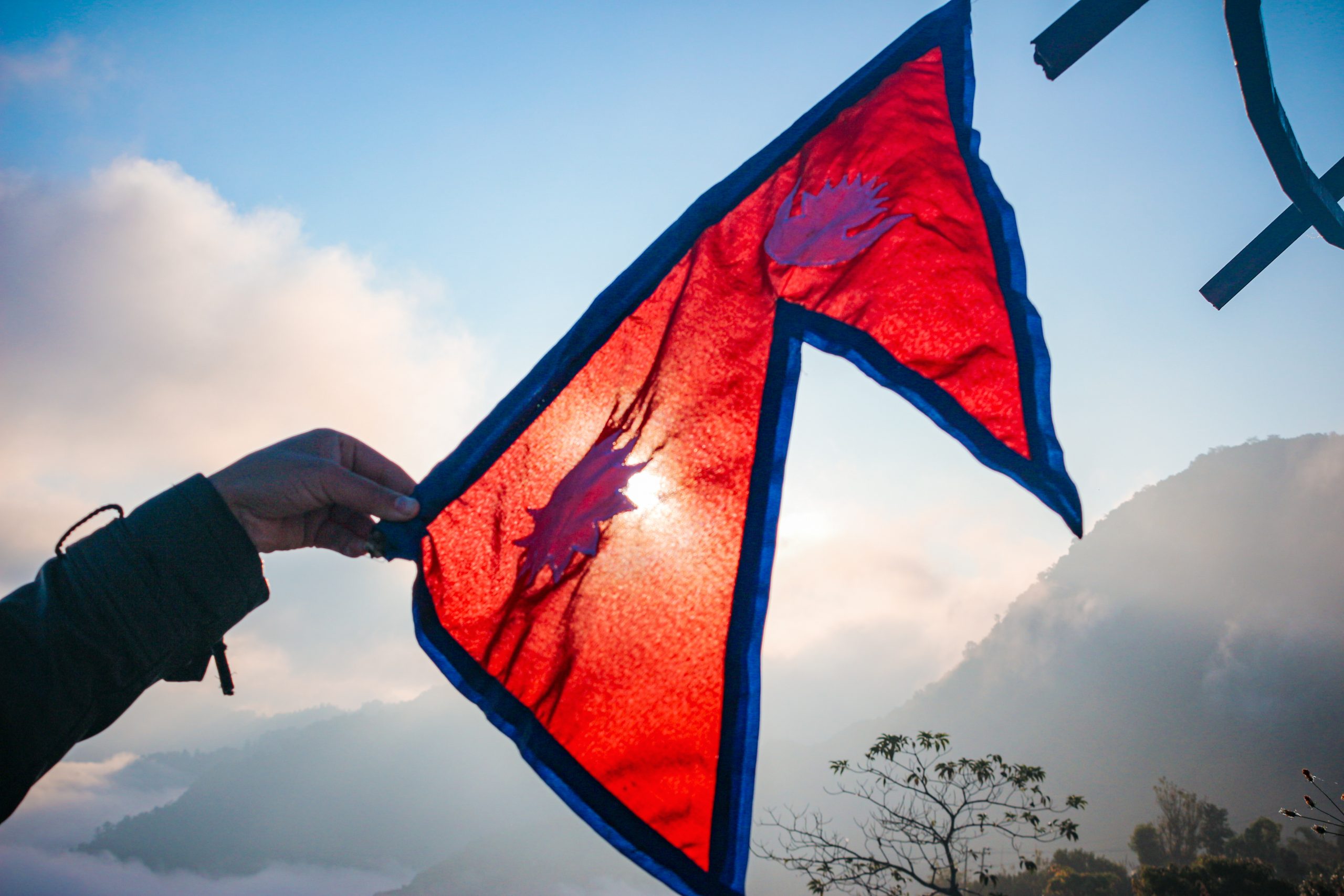
NEPAL IN 2021
Thu, 07 Jan 2021 | Reading Time: 6 minutes

2020 saw the Coronavirus making life difficult for everyone in the world. It had an adverse effect not only on normal life but governments, leaders and economic resilience of countries. International Relations theory itself is being re-written. The year saw Nepal facing a tumultuous internal and external political impasse. December 2020 saw a prime minister with an almost two-thirds majority in parliament dissolving the house, claiming a constitutional prerogative. Many of the ruling party legislators openly joined the opposition protest and deplored the move as a coup and petitioned the Supreme Court to rescind the order and reinstate the legislature.
Oli explained later that the dissolution was a pre-emptive strike against an anticipated no trust motion being brought against him in the parliament. As per Nepal’s Constitution, dissolution of the House before end of the term can only be done in case of a hung assembly and no party can form a government. Constitutional experts have challenged the PM’s action and the issue will now be decided by the Supreme Court. President Bidya Devi Bhandari promulgated the order based on PM’s recommendation, without considering the merits and demerits of the issue. This casts a shadow not only on the presidential system but also on the democratic values of political leaders in Nepal. Many Nepalese citizens had lost their lives to bring about a transformation into a democratic republic. Their sacrifice and aspirations of people seem to have been forgotten.
A four-member team of Chinese Communist Party, led by Guo Yezhou, a vice minister of the International Department of CPC Central Committee visited Nepal from 26 to 30 December 2020, ostensibly to salvage the political situation in China’s favour. Guo Yezhou had also facilitated the merger of Oli’s CPN (UML) and Prachanda’s CPN (Maoist Centre), to form a ruling coalition in 2018. This time around, Guo’s influence seems to have waned. He could neither get Oli to rescind the dissolution of parliament nor keep the coalition intact, but he met all leaders that matter and assured China’s support for them. Whoever comes to power in future would have been told that China is on their side. Many leaders and media of Nepal have started blaming China for interfering in their internal politics.
When the CPN coalition came to power, Oli had good political control, which was reflected in Nepal’s improving relations with India and China in 2018 – 19. Towards the end of 2019, coalition partners sensed that Oli is not ready to share power as per his agreement with Prachanda. He was also not ready for a compromise by stepping down as president of the Party. To compensate for his reducing support within his party, Oli began a diatribe against India, which has been a foolproof political weapon in Nepal. Kindling the boundary dispute and accusing India of spreading coronavirus in Nepal etc were part of this ploy. Chinese ambassador in Nepal, Hou Yanqi apparently encouraged it as she was trying very hard to keep the coalition alive. For most of 2020, Indian diplomacy did not do anything to assuage the situation.
On 21 October 2020, Prime Minister KP Oli had a long meeting with Samant Goel, head of India’s Research and Analysis Wing (R&AW). The PM was widely criticised for breach of protocol and for meeting an intelligence head rather than a political leader or a diplomat, especially as it followed a period of political friction and cartographic disputes between the two countries. PM’s subsequent clarification that he met Goel not in his capacity as head of an intelligence organisation but as Prime Minister Narendra Modi’s special emissary, was not accepted by his opponents.
Yabaraj Ghimire explains in his article in IPCS of 16 November 2020, that the meeting had a historical context. 15 years ago, former head of R&AW PKH Tharakan along with the Ministry of External Affairs had played a crucial role in bringing Nepal’s eight parties to agree on a common agenda. Ghimire feels that popular resentment against the current meeting has been caused by the China factor. Since 2006, China has emerged as the most influential player not only in Nepal’s economy but also in Nepal’s internal politics, replacing India.
After a long period of a political impasse between Nepal and India, Indian foreign secretary Harsh Vardhan Shringla’s two-day official visit to Nepal during end November 2020, was widely expected to be leading to an improvement in India – Nepal relations.
Foreign Secretary’s visit came on the heels of a visit to Nepal by the Indian Army Chief General M.M. Naravane. Nepali speaking Shringla, reassured Nepal about India’s continuing interest in normalising the bilateral relations and resolving the irritants in relations through dialogues. Success or failure of the visit can only be felt after due course time. There is a penchant of the political establishments of Nepal, India and China to relate anything happening in Nepal to be a fallout of India – China relations and their influence on politics in Nepal. This can be gauged from a headline of Kathmandu Post, which said, “Not to be left behind, China also sending a top official to Nepal after visits from India”, describing a visit by Wei Fenghe, Defence Minister and State Councillor of China, two days after Shringla left Nepal.
Bishal Thapa and Atul K Thakur writing for The Wire on 30 November 2020, said that internal political development in Nepal, including internal power feud within political parties, is generally considered to be under foreign influence. Development projects in Nepal with assistance from India, China or US are assumed to be mired in geopolitical interests. Thapa and Thakur are of the view that “the misunderstood context of Nepal’s development paradigm, the absence of consensus among the major political players and the centralisation of power in a federal framework help fuel this discourse”.
India seems to have taken the right step in dealing with the current political crisis in Nepal by staying out of it, unlike China. Indian MEA, while expressing continued support to Nepal and its people, said that these are internal matters of for Nepal to decide as per its democratic process.
Amidst all these political rigmarole, Nepal’s Ministry of Foreign Affairs recently brought out a Foreign Policy document outlining Nepal’s position on various issues. The slogan, ‘Prosperous Nepal, Happy Nepali’, which was the electoral agenda of PM Oli has been highlighted in the preamble. Amish Raj Mulmi has analysed the policy succinctly in the Kathmandu Post of 10 December 2020. The policy aims to mobilise the ‘knowledge, skills, capital and communication network’ of overseas Nepalis towards the nation’s development and to leverage soft power diplomacy.
Issue of ‘multi-dimensional connectivity network’ with the neighbours has been mentioned, which may have been prompted by the ‘blockade’ by India in 2015. Being a landlocked country, freedom of transit and transportation is very important for Nepal. The document mentions that bilateral treaties will be revised, apparently pointing towards India, but Mulmi highlights that from 2009 China had also been asking for a revision of the 1960 treaty.
The policymakers want to exploit Nepal’s ability to ‘become friends and cooperate with everyone’ to raise national status. India may not agree that Nepal’s political establishment possess this ability, especially in the current time. Mulmi feels that if the state institutions, parties and leaders continue pursuing their own goals, the current foreign policy document will be of no use and be confined to the archives. Nepal’s relations with China and India is in a flux currently and a hurriedly made Foreign Policy document is not likely to help them balance the relations between her giant neighbours. Dissolution of the national parliament and split of the ruling coalition are not going to help either.
What 2021 has in Store for Nepal?
Being a landlocked country between two large and strong neighbours, Nepal’s past has been, and the future will be governed by her relations with India and China. Both India and China, being wary of each other’s ambition, have been trying to be the dominating force in Nepal to keep the other out. They are helped by the political parties in Nepal, who solicit help by hedging one against other. Nepal needs to balance her relations with both, for national development. Geographically and ethnically Nepal needs India more than China for external trade and employment. At the same time, India’s pockets are not as deep as that of China. An only viable option for Nepal is to be a bridge between the neighbours, for which they have to be friendly with both.
Even though Nepal’s foreign policy document exhorts intentions of being friendly to all neighbours, partisan internal politics tend to preclude this. The current political imbroglio suggests that popular leaders are more interested in gaining personal power rather than working for national development. With such a large majority in parliament, the CPN coalition could have carried out economic reforms and taken steps to alleviate sufferings caused by the pandemic. The Supreme Court of Nepal will soon come out with a ruling whether the PM’s action of dissolving the parliament is legally valid. Depending on the ruling, either there will be an election in April – May 2021 or the game of political thrones will continue.
Hopefully, 2021 will see Nepal transforming into a true democracy, where leaders work to fulfil aspirations of the common citizens. Creation of nationalistic fervour and media made Oli no different than a monarch. Institution of the President was not effective in upholding democratic values. Should it be assumed that the Constitution of 2015 is not effective in transforming Nepal into a democratic republic?
China as well as India would do well by keeping out of the internal politics of Nepal. While India has announced its intentions of doing so, China is actively involved in ‘helping’ the Communist Party of Nepal to ‘promote democracy’ in Nepal. Global Times argues that the Chinese Communist Party always upholds principles of non-interference and China’s role in solving Nepal’s “intra party conflicts” is “entirely reasonable and legitimate”. Nepal is a strong and resilient nation which has come out of many adversities in the past and is expected to weather this storm.
Disclaimer
The opinions expressed in this article are the author’s own and do not reflect the views of Chanakya Forum. All information provided in this article including timeliness, completeness, accuracy, suitability or validity of information referenced therein, is the sole responsibility of the author. www.chanakyaforum.com does not assume any responsibility for the same.
Chanakya Forum is now on . Click here to join our channel (@ChanakyaForum) and stay updated with the latest headlines and articles.
Important
We work round the clock to bring you the finest articles and updates from around the world. There is a team that works tirelessly to ensure that you have a seamless reading experience. But all this costs money. Please support us so that we keep doing what we do best. Happy Reading
Support Us




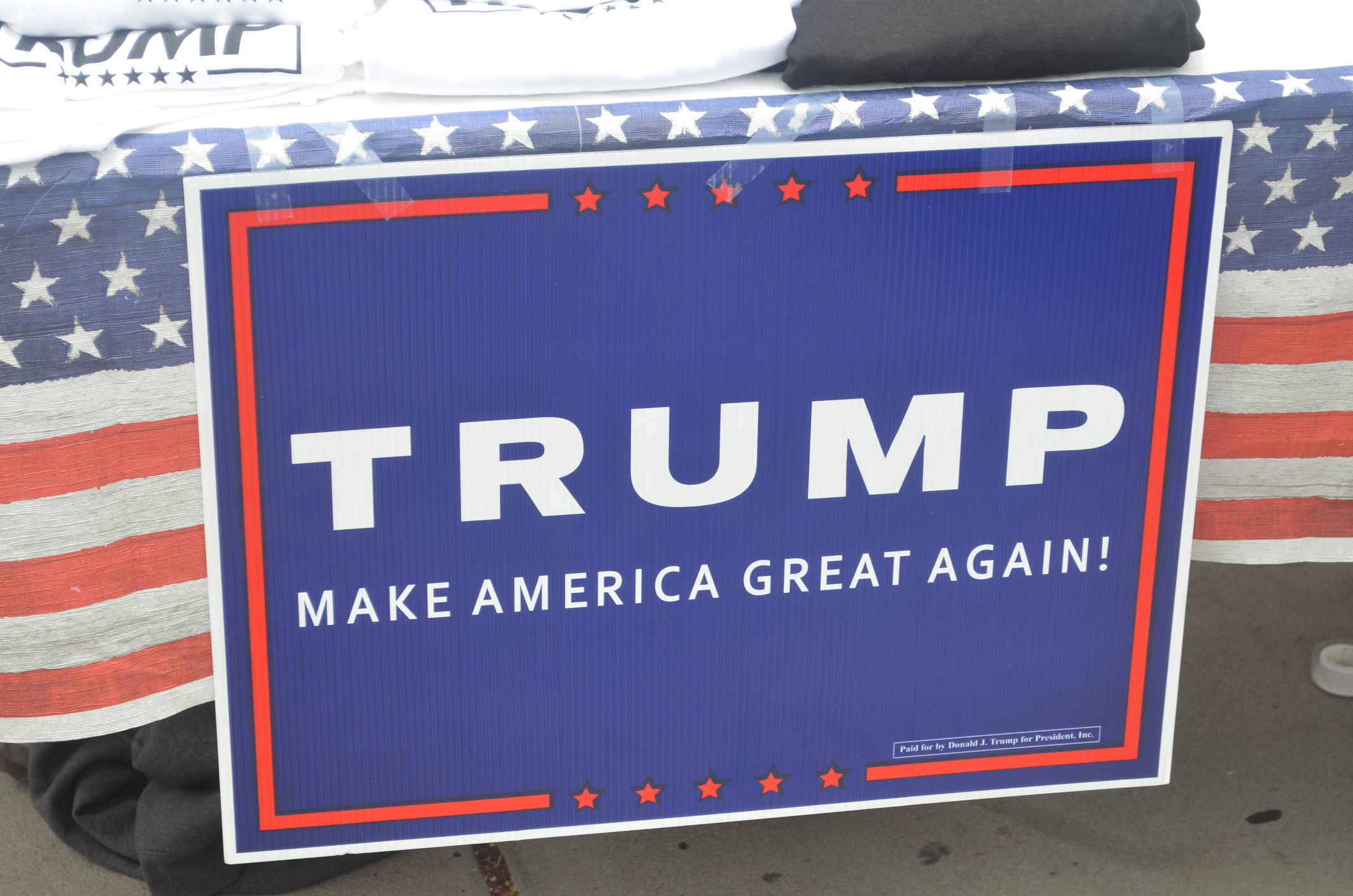
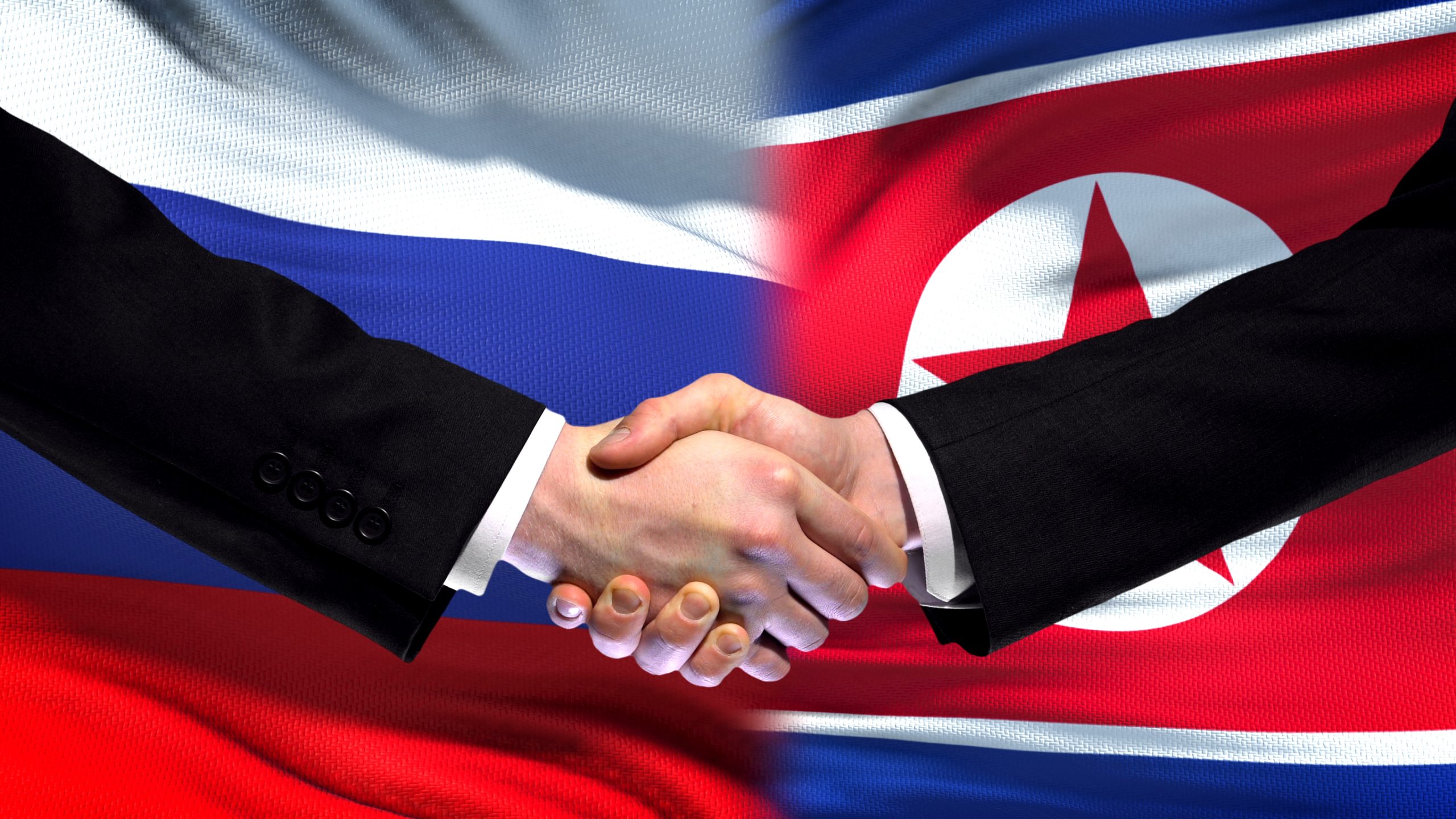
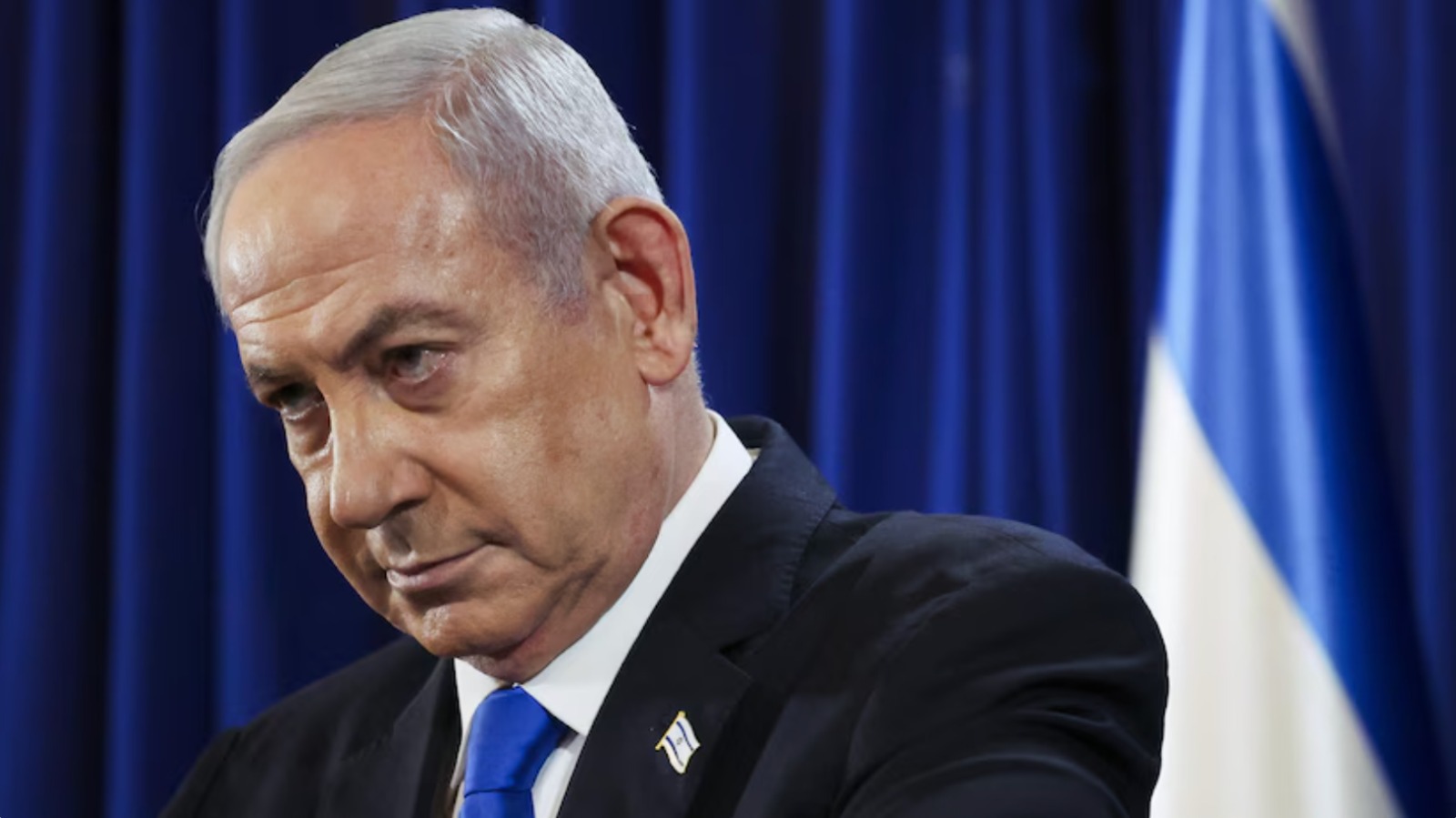
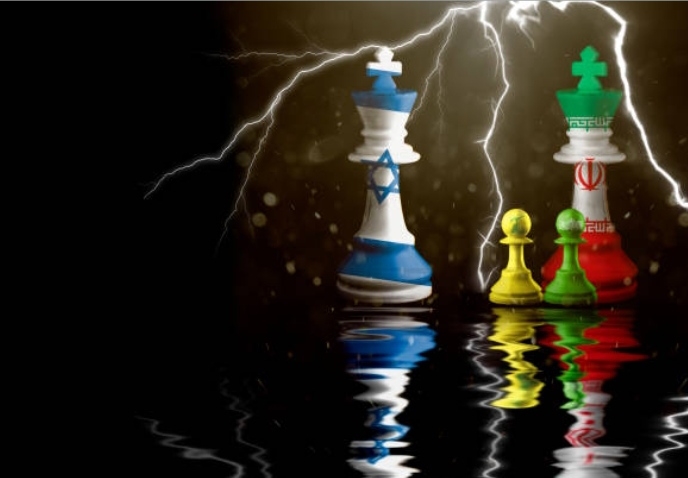

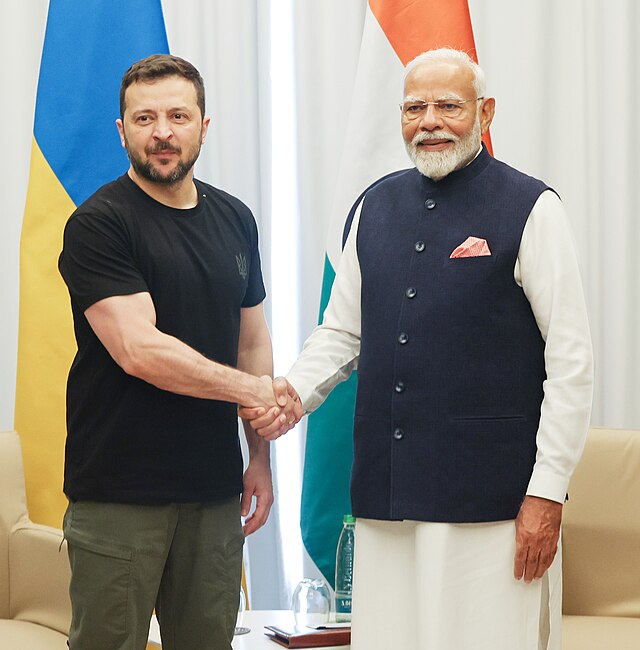
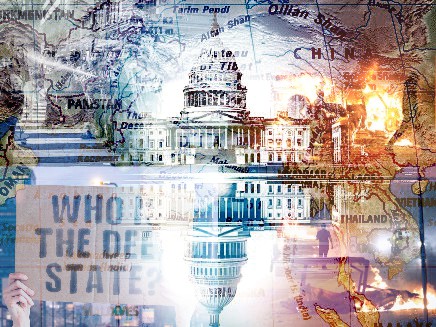
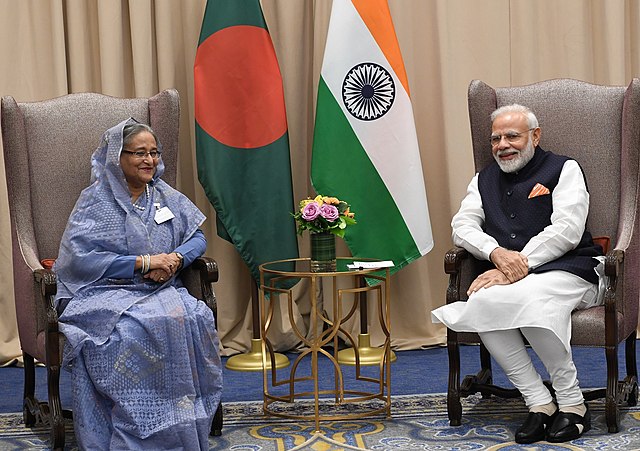
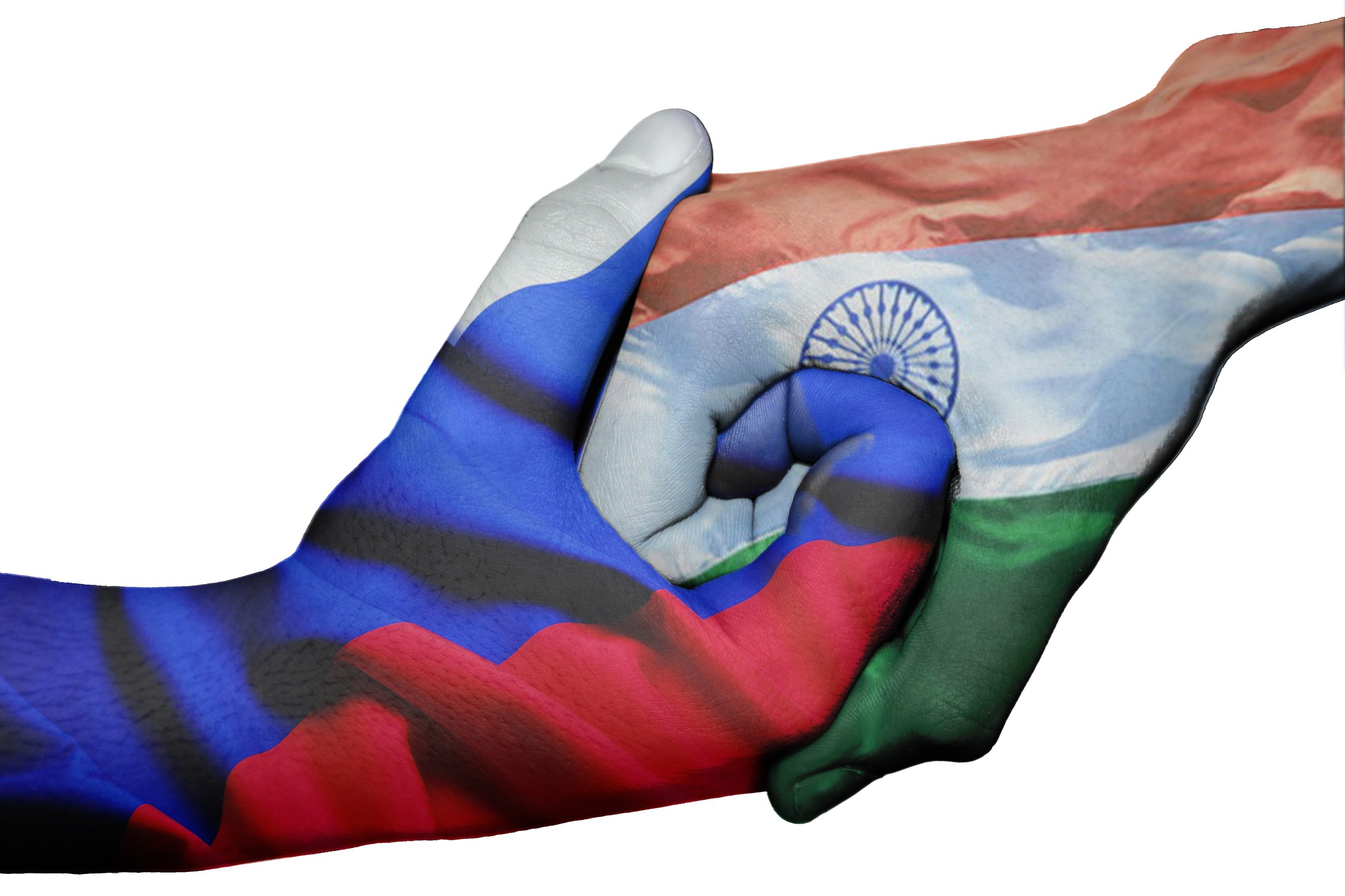
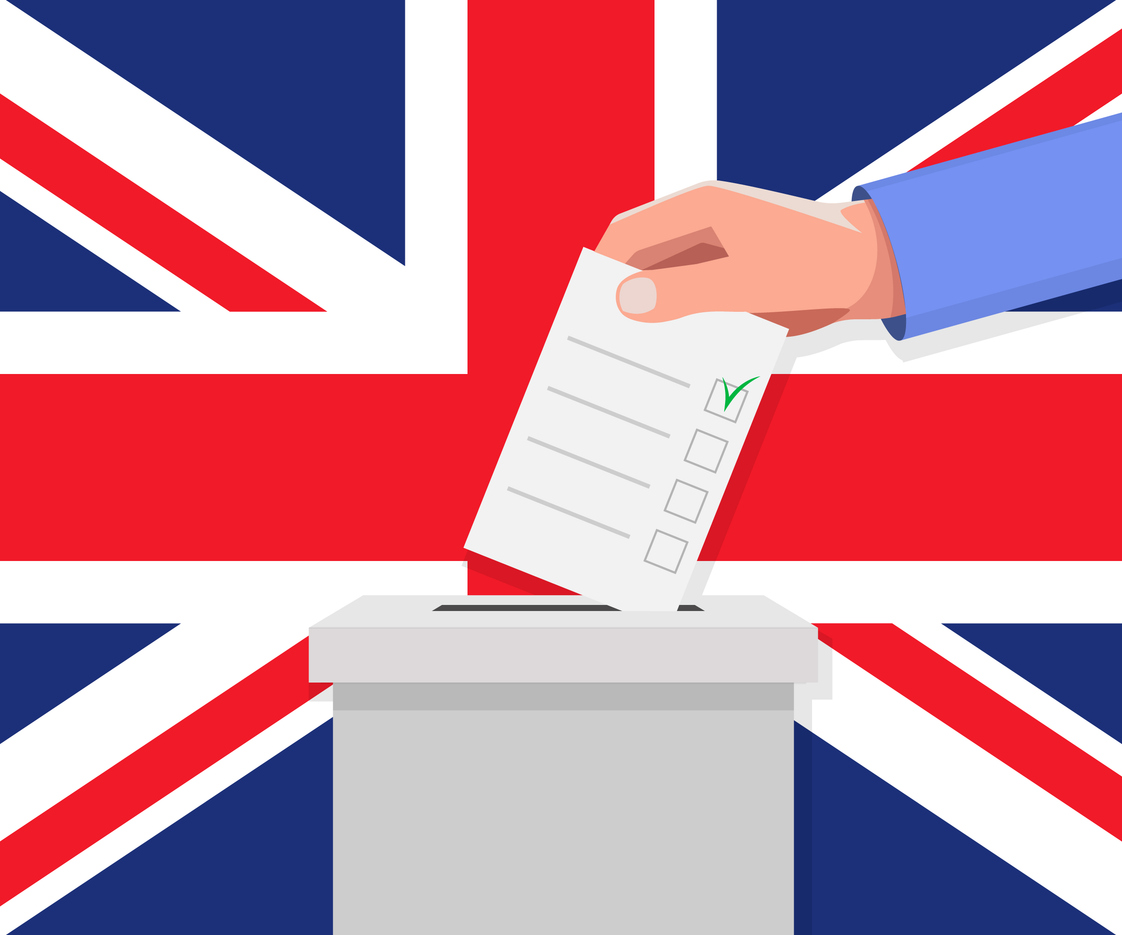






POST COMMENTS (20)
VTJ
Sudhir K
Col(Dr) Purna Patnaik
Col(Dr) Purna Patnaik
Vinod Kumar
Dr Prerna Mitra
Satyavir Shokeen
Arun Harge
Sumeet
Alok Vasudeva
Jaishankar Chaudhari
Chidambaram Iyer
K.Shaji Lal
davis poulose
Abhay Bhat
Abhay Bhat
Dr M Balachandran Nair
K.Shaji Lal
K.SHAJI LAL
Ramesh Babu